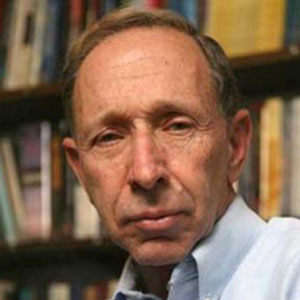
Biography
My research has concentrations of effort in the areas of souce coding/data compression, forward error correction coding, digital communications theory and MAC protocol design. The overall theme is the design and performance analysis of wireless systems which will maximize geographical coverage at data reates of T3 and higher. At such high data rates, wide -area coverage becomes very difficult from a mobile unit, because, for a multiplicity of reasons a mobile unit can only transmit at a relatively low power level, and, at a high data rate, the energy-per-bit that can be transmitted is thus necessarily low. For a terrestrial mobile system, the range of transmission is correspondingly limited; for a satellite system, where spot beams become the equivalent of cells, the footprints of each spot beam will have to shrink, due to the need for more directional antennas to compensate for the energy loss.
Laurence B. Milstein received the B.E.E. degree from the City College of New York, New York, NY, in 1964, and the M.S. and Ph.D. degrees in electrical engineering from the Polytechnic Institute of Brooklyn, Brooklyn, NY, in 1966 and 1968, respectively.
From 1968 to 1974, he was employed by the Space and Communications Group of Hughes Aircraft Company, and from 1974 to 1976, he was a member of the Department of Electrical and Systems Engineering, Rensselaer Polytechnic Institute, Troy, NY. Since 1976, he has been with the Department of Electrical and Computer Engineering, University of California, San Diego, La Jolla, CA, where he is a Professor and former Department Chairman, working in the area of digital communication theory with special emphasis on spread-spectrum communication systems. He has also been a consultant to both government and industry in the areas of radar and communications.
Dr. Milstein was an Associate Editor for Communication Theory for the IEEE Transactions on Communications, an Associate Editor for Book Reviews for the IEEE Transactions on Information Theory, and an Associate Technical Editor for the IEEE Communications Magazine, and is currently a Senior Editor for the IEEE Journal on Selected Areas in Communications. He was the Vice President for Technical Affairs in 1990 and 1991 of the IEEE Communications Society, and has been a member of the Board of Governors of both the IEEE Communications Society and the IEEE Information Theory Society. He is also a member of Eta Kappa Nu and Tau Beta Pi, and is a Fellow of the IEEE.